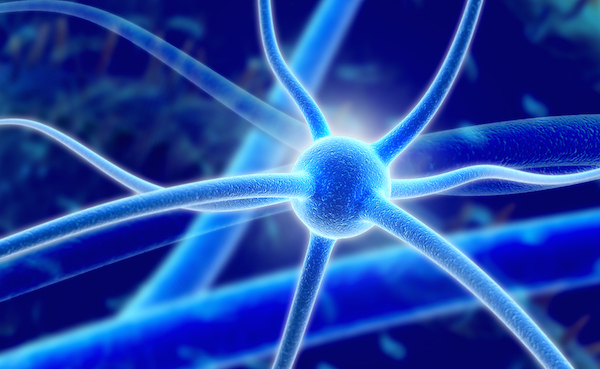WEDNESDAY, Nov. 25, 2015 (HealthDay News) — People who live with constant road noise may face a higher risk of developing depression, researchers say.
The risk was about 25 percent higher for people living in areas with a lot of traffic, compared to those living in areas with little road noise. However, the risk was largely confined to those who were poor, unemployed, had limited education, smoked or had insomnia, the German study authors found.
“Although we can’t say for sure, it has been thought that noise causes stress and annoyance,” said lead researcher Ester Orban, of the Center for Urban Epidemiology at University Hospital Essen.
“If this noise persists over a long time and is constant and loud, it may contribute to depression,” she said.
Orban cautioned that these findings only show that road noise is associated with depression, not that it causes depression. “Road noise seems to play a role, but I wouldn’t talk about causality,” she explained.
Orban said there are some simple things people can do to reduce their exposure to traffic noise, short of moving.
“If you feel annoyed by traffic noise you can use earplugs, and if traffic noise is disturbing your sleep, choose a bedroom away from the busy road,” she suggested.
The report was published online Nov. 25 in the journal Environmental Health Perspectives.
For the study, Orban and her colleagues collected data on more than 3,000 people, aged 45 to 75, who took part in the Heinz Nixdorf Recall study. The study participants were followed for an average of five years.
Depressive symptoms include feeling lonely, sad, depressed, having trouble concentrating or feeling like a failure.
Simon Rego, director of psychology training at Montefiore Medical Center/Albert Einstein College of Medicine in New York City, said this study adds to existing evidence that traffic noise is linked to an increased risk of depressive symptoms.
“This is not surprising, as we already have extensive evidence that noise is associated with both stress and heart disease,” he said.
Given that depression is common worldwide and can have a negative effect on individuals and society, and given that its cause is complex, it’s important to examine everything that may play a role, including environment and how it interacts with psychological, social and biological factors, Rego said.
Those with a low socioeconomic status and sleep disturbances may be particularly vulnerable to noise effects, he added.
“This suggests that, along with targeting biological factors with medications and psychological factors with treatments such as cognitive behavioral therapy, interventions may also be aimed at targeting environmental factors,” Rego said.
Targeting environmental factors includes both individual and societal approaches, he added.
On an individual level, helping patients get a good night’s sleep with better sleep practices may help lower the odds of depression, Rego said.
“On a larger scale, communities can work on improving urban planning to address traffic noise in order to help treat depression or perhaps even prevent it,” he added.
More information
Visit the U.S. National Institute of Mental Health for more on depression.
Copyright © 2026 HealthDay. All rights reserved.

